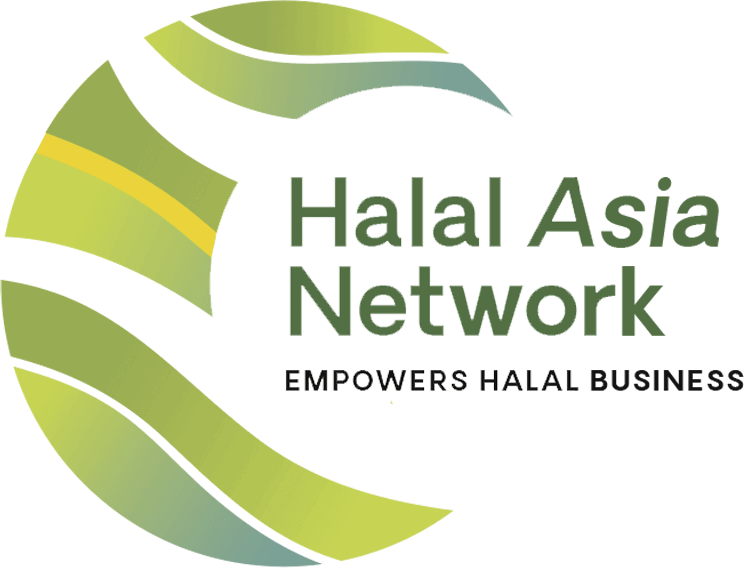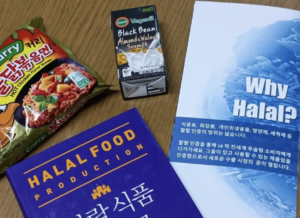The decision of South Korean companies to venture into the halal market presents significant opportunities and challenges. On the one hand, tapping into the global halal industry opens access to a sizable consumer base of 1.8 billion Muslims worldwide, potentially leading to substantial revenue growth and market expansion. Successful penetration into this market could also enhance South Korea's reputation as a global exporter of diverse products beyond its traditional offerings. However, navigating social attitudes towards Islam within South Korea, as evidenced by opposition to initiatives like mosque construction and protests against Muslim asylum seekers, underscores the importance of addressing cultural sensitivities and fostering greater acceptance domestically. Moreover, ensuring compliance with halal certification requirements presents logistical and operational challenges, particularly for smaller firms. Despite these hurdles, with strategic government support, proactive industry initiatives, and a commitment to cultural understanding, South Korean companies stand to benefit from entering the halal market in the long term.

